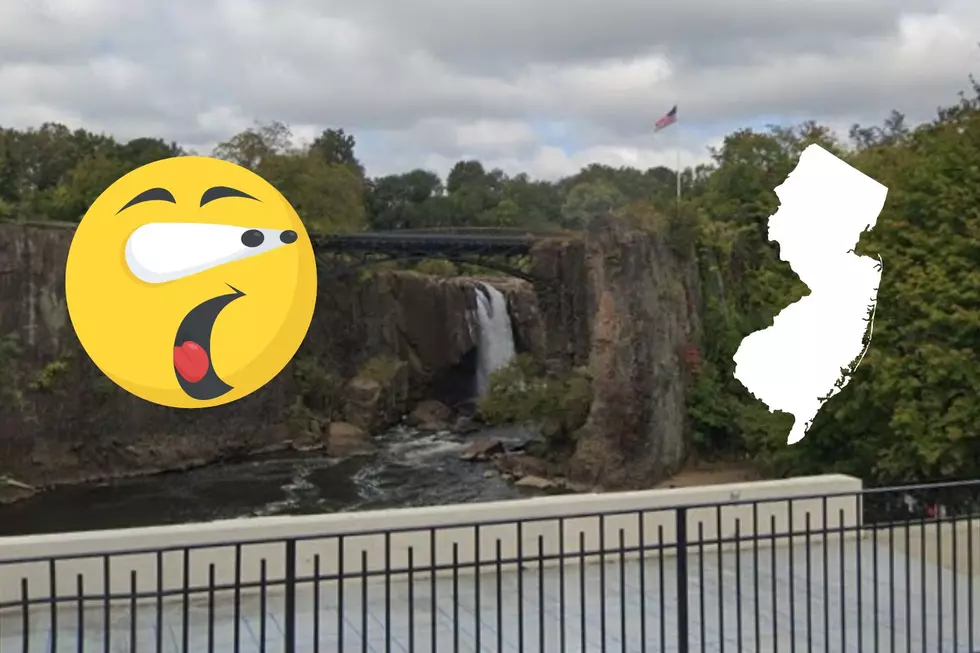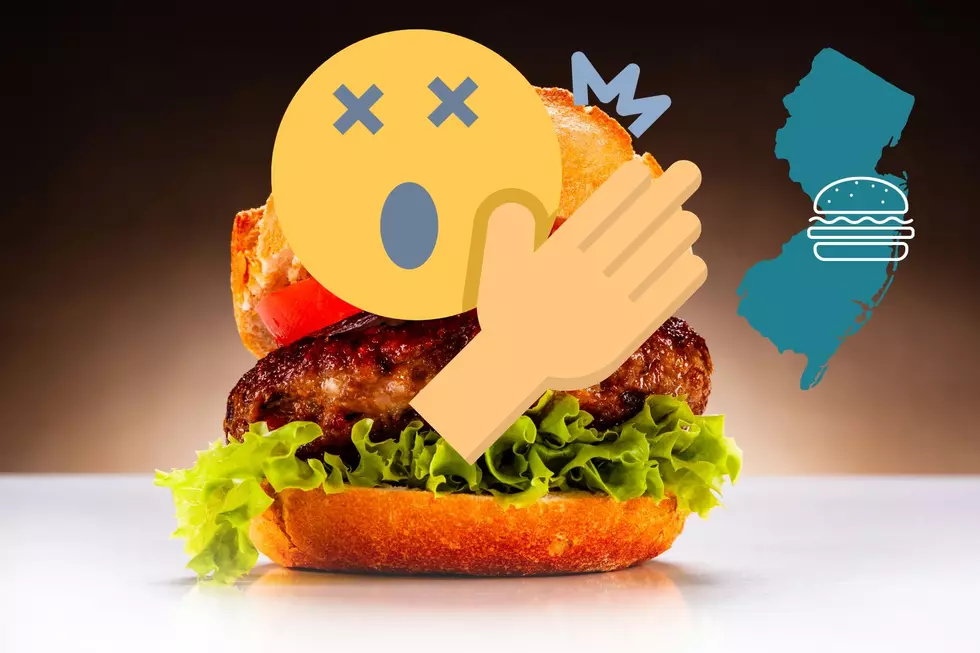
Delinquent Passaic Valley Water accounts in NJ to be shut off Monday
More than five months after New Jersey's two-year, COVID-era moratorium on utility shutoffs was lifted, the Passaic Valley Water Commission is telling its customers that discontinuing service for delinquent accounts is about to resume.
The utility said Friday that shutoffs would begin again on Monday, Aug. 22, and late fees and final notice penalties would also return.
PVWC acknowledged that the pandemic has impacted New Jerseyans "mentally, physically, spiritually, and financially," and instructed those experiencing financial hardship to contact its customer service department about the possibility of setting up a no-interest payment plan that would avoid disruption of service.

That number is 973-340-4300.
The New Jersey Department of Community Affairs also offers a Low-Income Household Water Assistance Program.
PVWC said it has been notifying customers about the impending potential shutoffs via messages on bills, and on social media.
According to its website, the Passaic Valley Water Commission serves Clifton, Lodi, North Arlington, Passaic, Paterson, Prospect Park, part of Woodland Park, and wholesale customers in Passaic, Bergen, Essex, and Morris counties.
All payment plans and options are available on the PVWC website.
Patrick Lavery is a reporter and anchor for New Jersey 101.5. You can reach him at patrick.lavery@townsquaremedia.com
Click here to contact an editor about feedback or a correction for this story.
LOOK: The most extreme temperatures in the history of every state
What would happen to NJ if we were attacked by nuclear weapons?
LOOK: What are the odds that these 50 totally random events will happen to you?
More From 92.7 WOBM










